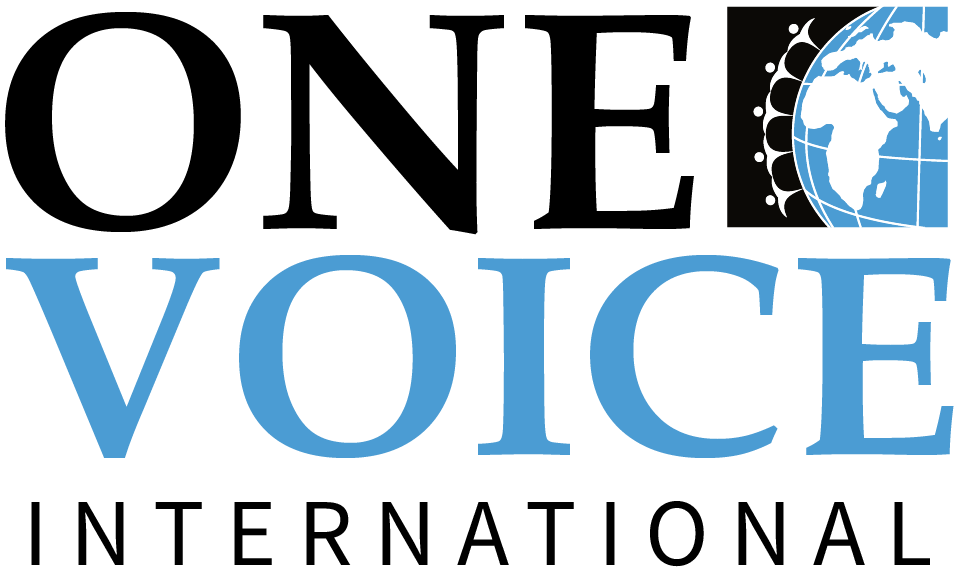We can end sex trafficking around the world.
To join our international prayer team all you need to do is decide what 15-minute segment you want to select for the week. Once a week, one day, for 15 minutes, it is that simple. We will send you a prayer letter each week giving you ideas on how you can pray.
